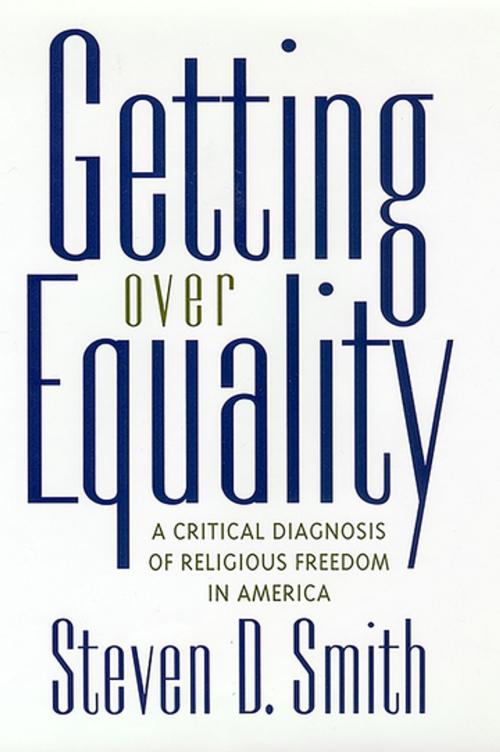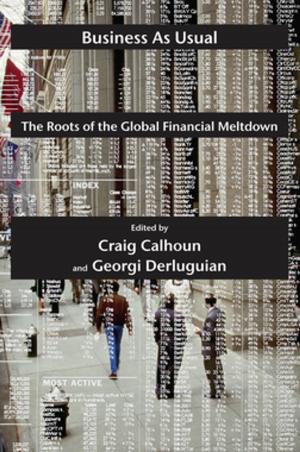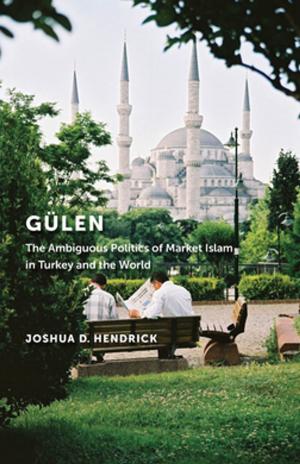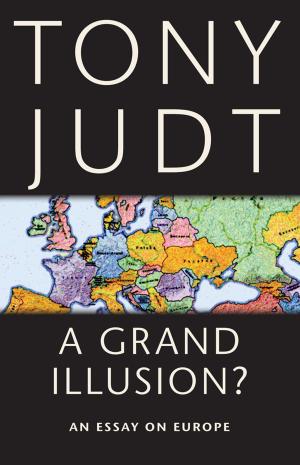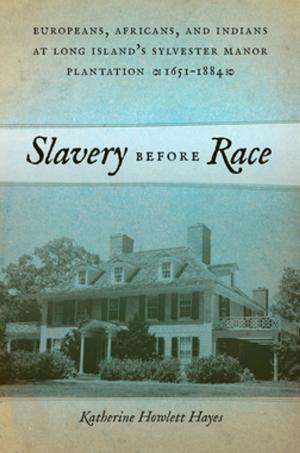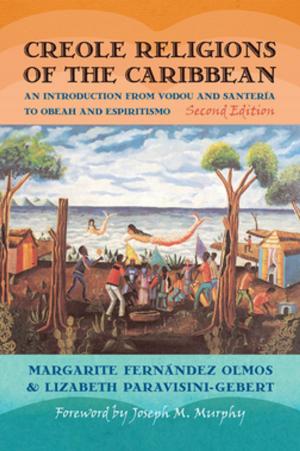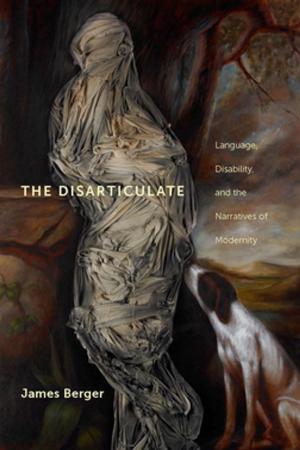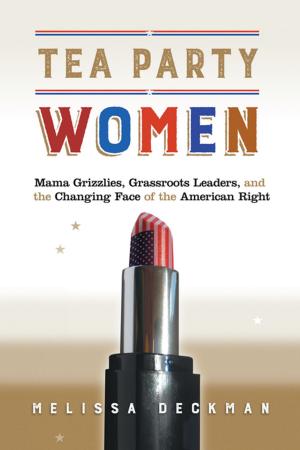Getting Over Equality
A Critical Diagnosis of Religious Freedom in America
Nonfiction, Reference & Language, Law, Religion & Spirituality| Author: | Steven D. Smith | ISBN: | 9780814739945 |
| Publisher: | NYU Press | Publication: | September 1, 2001 |
| Imprint: | NYU Press | Language: | English |
| Author: | Steven D. Smith |
| ISBN: | 9780814739945 |
| Publisher: | NYU Press |
| Publication: | September 1, 2001 |
| Imprint: | NYU Press |
| Language: | English |
Questions of religious freedom continue to excite passionate public debate. Proposals involving school prayer and the posting of the Ten Commandments in schools and courtrooms perennially spur controversy. But there is also a sense that the prevailing discourse is exhausted, that no one seems to know how to think about religious freedom in a way that moves beyond our stale, counterproductive thinking on this issue.
In Getting over Equality, Steven D. Smith, one of the most important voices now writing about religious liberty, provocatively contends that we must get over our presumptionmistakenly believed to be rooted in the Constitutionthat all religions are equally true and virtuous and "authentically American." Smith puts forth an alternative view, that the courts should promote an ideal of tolerance rather than equality and neutrality. Examining such controversial examples as the animal sacrifice case, the peyote case, and the problem of aid to parochial schools, Smith delineates a way for us to tolerate and respect contrary creeds without sacrificing or diluting our own beliefsand without pretending to believe in a spurious "equality" among the variety of diverse faiths.
Questions of religious freedom continue to excite passionate public debate. Proposals involving school prayer and the posting of the Ten Commandments in schools and courtrooms perennially spur controversy. But there is also a sense that the prevailing discourse is exhausted, that no one seems to know how to think about religious freedom in a way that moves beyond our stale, counterproductive thinking on this issue.
In Getting over Equality, Steven D. Smith, one of the most important voices now writing about religious liberty, provocatively contends that we must get over our presumptionmistakenly believed to be rooted in the Constitutionthat all religions are equally true and virtuous and "authentically American." Smith puts forth an alternative view, that the courts should promote an ideal of tolerance rather than equality and neutrality. Examining such controversial examples as the animal sacrifice case, the peyote case, and the problem of aid to parochial schools, Smith delineates a way for us to tolerate and respect contrary creeds without sacrificing or diluting our own beliefsand without pretending to believe in a spurious "equality" among the variety of diverse faiths.
